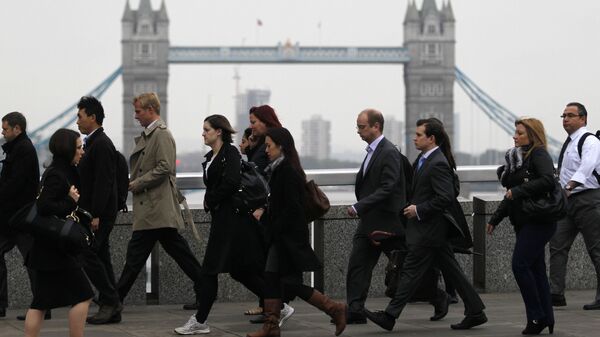"Young women today face relatively little disadvantage in terms of their pay packets compared to what their parents’ and grandparents’ generation faced… But while many millennial women haven’t experienced much of a pay gap yet, most probably will once they reach their 30s, when they start having children," Laura Gardiner, a senior policy analyst at the foundation, said.
The think tank compared the typical hourly pay of different generations of men and women over the course of their careers. According to its findings, for workers in their 20s, the pay gap was 16 percent among those born between 1946 and 1965, 9 percent among people born between 1966 and 1980, and 5 percent among those born between 1981 and 2000.
However, the report found a significant increase in the pay gap after the age of 30, up to 9 percent, similar to that seen in previous generations. This results in the fact that women entering work now will still earn less than their male counterparts over the course of their careers.
The think tank attributed the positive trend to rising higher educational participation and more women breaking into high-paying industries.
Never miss a story again — sign up to our Telegram channel and we'll keep you up to speed!



